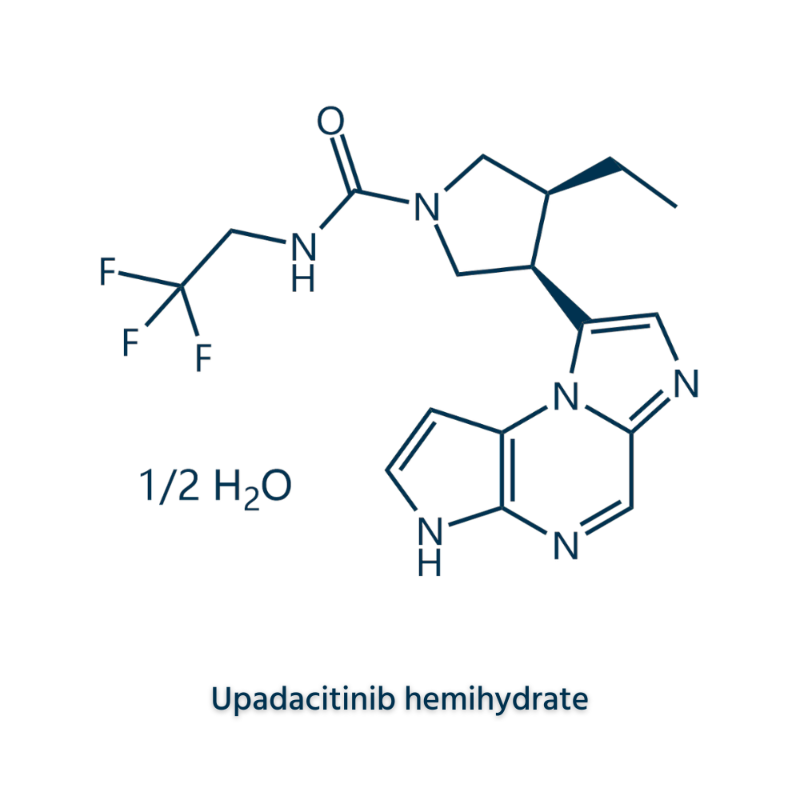Clinical trial of individualized peptide vaccination in the treatment of relapsed glioblastoma
-
Last Update: 2020-06-03
-
Source: Internet
-
Author: User
Search more information of high quality chemicals, good prices and reliable suppliers, visit
www.echemi.com
Previous studies have shown that bevalium resistance can prolong the non-progressive survival of patients with recurrent glioblastoma (rGBM), but the total survival (OS) of patients has not improvedMany related clinical studies have failed, in part because of the uniqueness or diversity of GBM immunologyrGBM tumor cells in the development process produce a large number of cell factors that stimulate tumor proliferation or regulate local tumor microenvironment, where granulocyte-macrophage-clinical factor and chemokine matching Body 2 (C-C motif) ligand 2, CCL2) two main immunomodulating factors, change the tumor local Treg cells and bone m-MDSC ratio, affecting the progression of the tumor- Excerpted from the articleRef: Narita Y,et al. Neuro-Oncology2018 Dec 1doi: 10.1093/neuonc/noy200/5219198. Previous studieshave shown that bevalium resistance can prolong the non-progressive survival of patients with recurrent glioblastoma (rGBM), but the total survival (OS) of the patient has not improvedMany related clinical studies have failed, in part because of the uniqueness or diversity of GBM immunologyrGBM tumor cells in the development process produce a large number of cell factors that stimulate tumor proliferation or regulate local tumor microenvironment, where granulocyte-macrophage-clinical factor and chemokine matching Body 2 (C-C motif) ligand 2, CCL2) two main immunomodulating factors, change the tumor local Treg cells and bone m-MDSC ratio, affecting the progression of the tumorYoshitaka Narita of the National Cancer Center in Tokyo, Japan, and others are conducting phase III clinical trials of the human leukocyte antigen HLA-A24 plus treatment of rGBM in a phase III clinical trial of the human leukocyte antigen HLA-A24 plus to develop new approaches to the treatmentThe results were published online in Neuro-Oncology in December 2018researchers collected 162 rGBM patients from 20 neurosurgery centers across Japan between January 2012 and March 2016Through screening and follow-up, 88 of them were randomly assigned at a 2:1 ratio, 58 ppV groups and 30 placebo groups were comparedThe result was that clinical trials did not reach both primary and secondary endpointsAdverse factors affecting OS in 58 PPV group patients were injected with SART2-93 peptides, age 70 years, weight and 70 kg, and physical condition ratingIn the PPV group, patients with out injected SART2-93 peptides, age 70, weight 70 kg, and physical state 0-2 were significantly longer than placebo groupsCompared to 67 patients who did not inject SART2-93, 21 patients injected with SART2-93 had a significant immune inhibitory response to the remaining 12 peptides, with the exception of SART2-93 and other cytotoxic T-cell epitope peptidesresults from the randomized and double-blind trial showed no significant improvement in the total survival of patients in the PPV group and the placebo group (Figure 1)SART2-93 peptides may induce other immune responses unrelated to tumors that can lead to shortening of the patient's OS, indicating the importance of personalized tumor vaccinationFigure 1. The PPV group was compared with the median total lifetime of patients in the placebo groupin addition, 83 patients (53 PPV groups and 30 placebo groups) tested both for the IDH-1 mutation, of which 12 were idh mutations in patientsThe CTL (p-0.16) and IgG (p0.01) levels were lower than in idh mutation (-) patients before vaccinationIn 6 cases of IDH mutations (-) and 47 cases of mutation (-) in the PPV group, the median OS was 6.7 months and 8.6 months, respectively, and in the placebo group with 6 mutations (plus) and 24 mutations (-), the median OS was 4.6 months and 8.0 months, respectivelyThe results showed that the IDH gene mutation did not affect the specific immune response of PPV patients to vaccine peptides, and the results did not support the correlation between the idh mutation as an improvement in OS in the PPV group or placebo groupthis small-scale rGBM clinical study, because the number of tumor samples available is limited, the researchers did not detect MGMT methylation statusNone of the patients were treated with temolyne before being vaccinated against PPV-BSC or placebo-BSCThe author believes that implementation should be considered in subsequent large sample studies.
This article is an English version of an article which is originally in the Chinese language on echemi.com and is provided for information purposes only.
This website makes no representation or warranty of any kind, either expressed or implied, as to the accuracy, completeness ownership or reliability of
the article or any translations thereof. If you have any concerns or complaints relating to the article, please send an email, providing a detailed
description of the concern or complaint, to
service@echemi.com. A staff member will contact you within 5 working days. Once verified, infringing content
will be removed immediately.







